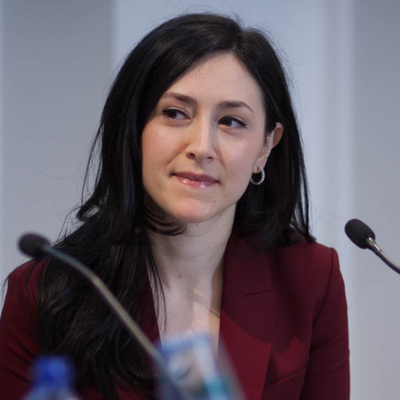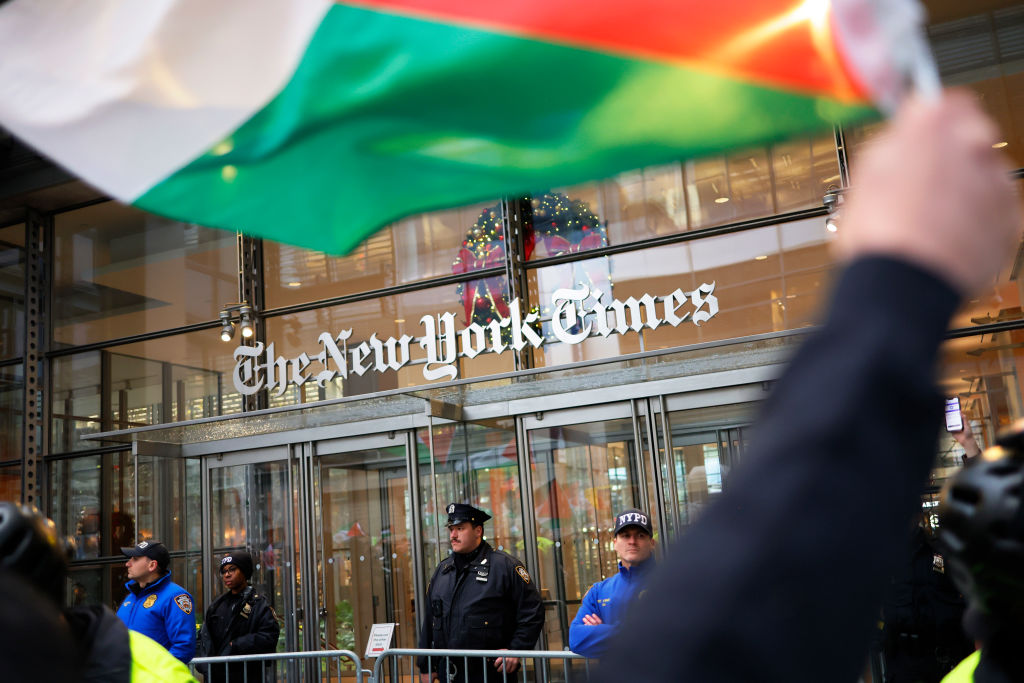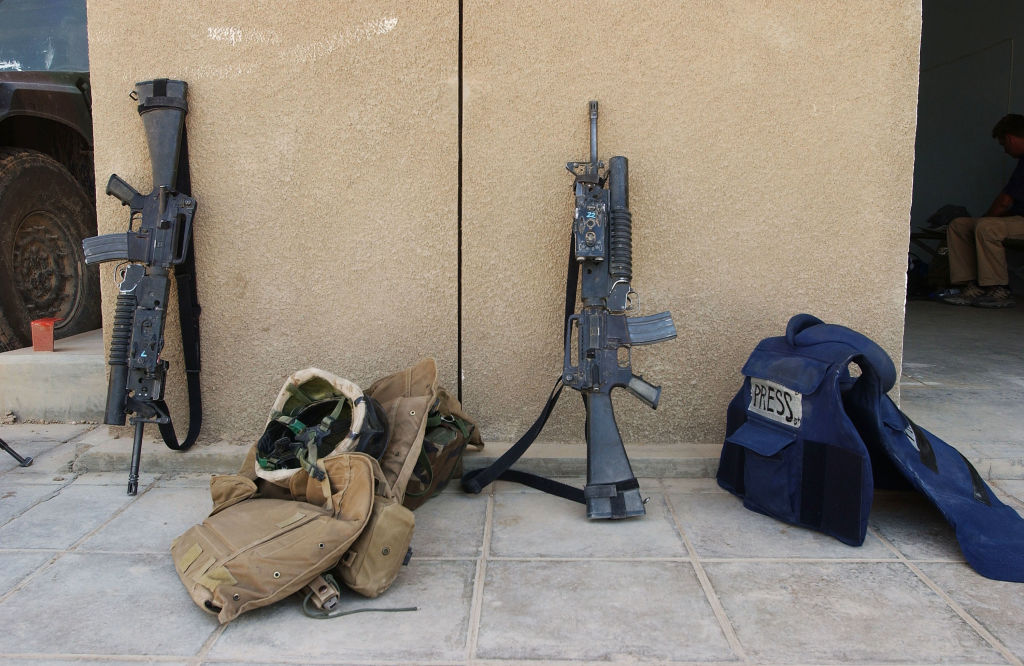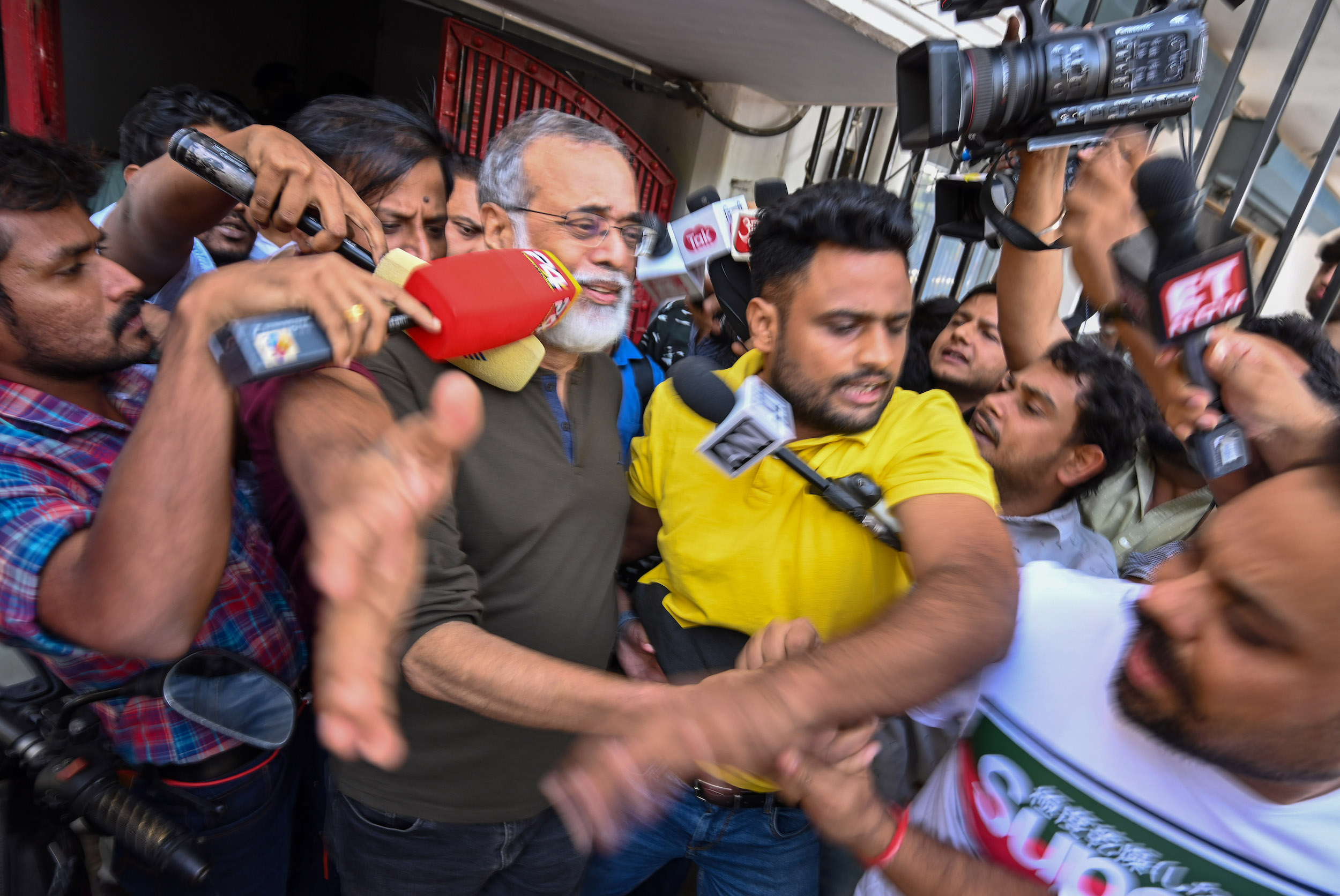ترجم هذا المقال بالتعاون مع نيمان ريبورتس - جامعة هارفارد
في عالم مشاريع الأعمال الناشئة في وادي السيليكون، يؤدي سلوك طرق مختصرة لفترة معينة، إلى نشوء ما بات يعرف باسم "العبء التقني" (Tech debt)، مما يتسبب بدوره في انقطاعات في دورة العمل، وغياب للحلول الشاملة، إضافة إلى صعوبات جسيمة ستواجه أولئك المكلفين بالعمل على منتجٍ ما وتطويره. ونظرًا لقيود الوقت ونقص الموارد، تنشأ حالة من الخلل تؤدي -في حال عدم معالجتها بسرعة- إلى تقليص فعالية فرق العمل والتأخر في أداء المطلوب منها.
أمّا العبء الصحفيّ (Journalistic debt) فينشأ نتيجة عدم إدراك الشركات التقنيّة للقيم الصحفيّة، في حين أنها تزعزع المجال الصحفيّ وتغيّر طريقة استهلاك الناس للمعلومات تغييرا جوهريا. ولعل هذا هو السبب وراء اكتظاظ مواقع التواصل الاجتماعيّ بروابط مثيرة للنقر عليها دومًا. ولنفس السبب، يغيب السياق حتى في تناول المواضيع الحساسة أو الخلافية، مع عدم الالتزام بذكر المصادر حيث ينبغي ذكرها. وفي المقابل، نجد تلك المواد التي تحوي معلومات مضلّلة هي التي تحظى بالزخم والانتشار الواسع، وهذه هي طبيعة الوضع الذي نواجهه الآن.
أحد المخاطر التي يواجهها القطاع التقنيّ الذي يقدّر كلّ ما هو جديد ورائج ويترقب كل جديد، هو فشل هذا القطاع في توظيف المعارف المكتسبة من خلال التجربة والأشخاص الذين يمتلكون مفاتيح تلك المعرفة. فلو امتلكت شركة القدرة على الزعزعة في مجال ما، فسيلزمها أن تفهم طبيعة وحيثيات هذا المجال قبل أن تطرأ عليه الزعزعة، سواء أحدثت بشكل مقصود أو بالصدفة. ولقد أخفقت المنصّات التقنيّة في هذا الأمر في ما يتعلّق بالمجال الصحفي، ويبدو أن المجتمع المستهلك للأخبار هو من يدفع الثمن.
لقد كانت المنصات التقنية في بداية نشأتها -وما تزال- غير معنيّة بشكل كبير في توظيف الصحفيّين، ربّما لأنّ القائمين عليها عجزوا عن رؤية قيمةٍ مباشرةٍ من وراء ذلك، أو لأنهم لم يدركوا الإمكانات الأوسع في شركاتهم فيما يمسّ الصحافة، أو ربّما لأنهم لم يكونوا واعين لأهمية ذلك. غالبًا ما يجري توظيف الصحفيّين في مرحلة لاحقة لاختيار مديري الإنتاج والمهندسين والمصمّمين، بما يعني إعداد منتجات لا تعرف قيمة الصحافة، وتؤدي إلى زعزعة قطاعات مختلفة دون تقديم حلول، ويلزمها سنوات عديدة من سدّ هذا الفراغ الصحفي، أو "العبء الصحفي" على حد تعبير زميلي جوناثان جاكسون من موقع "بلافيتي" (Blavity).
أعمل في شركة "فليب بورد" (Flipboard) وأدير فريقي التحرير والنشر في هذه المنصّة التي تعنى باستكشاف المحتوى على المنصات الاجتماعية، وفيها أكثر من 145 مليون مستخدم نشط شهريًّا. كنت محظوظةً بانضمامي إلى شركة تقدِّر الناشرين والمبادئ الصحفيّة، وشعرتُ بمسؤوليّة عظيمة نابعة من اعتقادي بأننا مصدر لجمع الأخبار وعرضها. ولأنني كنتُ جزءًا من فريق يختبر يوميّا تلك التقاطعات العديدة بين عالمي التكنولوجيا والصحافة، فأنا أدرك تمامًا أهميّة أن يكون للصحفيين دور أساسي -إن لم يكن قياديًّا- في مثل هذه المنصات.
إن للتأخّر في إدراك أهمّية هذا الدور منذ بداية تأسيس أي شركة أثرًا على كثير من القرارات اللاحقة. فما يزال الكثيرون ينظرون إلى المحرّرين والصحفيّين باعتبارهم "إضافة جميلة" وأنهم ليسوا سوى أطراف يمكن الاستئناس بآرائهم قبيل الانطلاق. وهذا يؤثّر على المصادر التي تظهر، وعلى الطريقة التي يتم بها تقديم المحتوى، وفي أيّ سياق يظهر، وكيف يتم إعداد وتجهيز الإشعارات ونشر حملات البريد الإلكتروني، وكيفيّة التعامل مع عمليات التراجع عن نشر محتوى معين. والأهم مما سبق كله، التعامل مع انتشار المعلومات المضلِّلة.
أثناء الانتخابات الرئاسية في الولايات المتحدة عام 2016، انتشرت قصة كاذبة ومسيئة عن هيلاري كلينتون على موقع فيسبوك، نقلا عن موقع للأخبار المفبركة يدعى "ذي دنفر غارديان" (The Denver Guardian). منذ ذلك الحين، جرى تعقّب عدد هائل من الأخبار الزائفة على المنصّة، معظمها من مواقع تدّعي المصداقية الصحفية، وتنشر أخباراً لا أساس لها من الصحة عن وفاة شخصيّات شهيرة واعتقالات واستقالات و"أخبار" أخرى مضلّلة.
يمكن لمعضلة العبء الصحفي أن تصيب المنافذ الإعلاميّة الأصغر حجماً بشكل أسوأ من غيرها، فقد أعيدت كتابة مادة عن جريمة قتل محلية وردت في موقع "ذي ترافرس سيتي ريكورد إيغل" (The Traverse City Record Eagle)، لتظهر في إحدى الوسائل الإعلاميّة الوطنيّة وفي محطة تلفزيون محلية. ولم يظهر على أخبار غوغل سوى النسختين الأخيرتين، دون أيّ إشارة إلى المصدر الأصليّ.
ليست "فليب بورد" بمنأى عن تلك التحدّيات، رغم أنّنا نبذل قصارى جهودنا للتمسّك بقِيمنا ومعاييرنا. لا نُبرِز دومًا المصدر الذي كشف القصّة، ولا نصنّف دائمًا مقالات الرأي تحت هذا التصنيف، وأحيانًا لا نحدّد مصادرنا بوضوح. وتشوّه هذه الأمثلة مفهومنا للحقيقة والموضوعيّة، وينبغي أن يكون بالإمكان تجنّب هذه الأمثلة، وهي كذلك.
حاولت كثير من كبرى الشركات تصويب هذا الأمر واستدراك النقص عبر توظيف صحفيّين قبل فوات الأوان، ومن بينها شركة ياهو وفيسبوك، وسناب تشات، لكن هل هذا الإجراء مقدّر فعلا داخل هذه الشركات؟ وهل بالإمكان حقًّا تجاوز هذا العبء الصحفي؟ وهل يمكن دمج قيم جديدة في شركة ما بعد أن ترسخت مبادئها؟ ولو كان هذا ممكنًا، هل يمكن لهذا تصويب أخطاء الماضي وإخفاقاته؟
كان شائعًا أن نسمع قديمًا قولهم "الغَلبة للمحتوى"، إلا أنّ هذه العبارة فقدت قوتها أمام مسألة الارتباط بالإنترنت والمجتمع المستهدف من المتابعين. في كتابه "فخّ المحتوى" (The Content Trap)، يقول الأستاذ بكليّة إدارة الأعمال في جامعة هارفارد بهارات أناند إنه "من المدهش وجود هذا العدد من مديري الوسائل الإعلاميّة الذين لا يزالون يفكرون في جاذبيّة المنتج للأفراد المستهلِكين بدلا من أن يفكروا في إدارة واستغلال الشبكات، ويصبح ذلك أكثر عجبًا حين ندرك أنّ هذا الاستهلاك الإعلامي كان دائمًا توجهًا اجتماعيًّا بجوهره".
الجانب "الاجتماعي" -بلا شك- أمر لا غنى عنه للنجاح، ولكن دون محتوى جيّد ودون رواية القصص بشكل متميّز أو حتى متوسط الجودة، فإنّ المنصّات تكون عرضة لخسارة قوتها وتأثيرها الحقيقي. إنّ جودة المحتوى هي "رأس المال" وهي العملة الحقيقية التي يتداولونها، ومحور حضورهم "الاجتماعي"، وهي أمر بالغ الأهمية كوسيلة للبقاء والاستمرار في النجاح والمنافسة. وحين تفشل الشركات في إدراك المكسب في تداول العمل الصحفيّ الحقيقي الذي ينتجه الآخرون، فإنها تخسر، ويخسر جمهورها أيضًا، وتخسر مهنة الصحافة نفسها.
لو سلّمنا بهذا الإخفاق الواسع النطاق داخل القطاع التقني، فسيتضح بجلاء سبب تضاؤل الثقة في المنصّات الإعلامية الحديثة وزيادتها في المنافذ الإعلامية التقليدية والأخبار المحلية. كشف تقرير صادر عن مؤسسة "إديلمان تراست باروميتر" المنشور في يناير/كانون الثاني الماضي، عن عودة الناس إلى الوسائل الإعلامية التقليدية، في تحوّل ملحوظ مقارنة بالعام الماضي. لقد ازداد استهلاك الأخبار التقليدية -بشكل أسبوعي أو أكثر- بزيادة 8 نقاط مئوية، من 24% إلى 32%. وقد تراجع عدد الأشخاص الذين قالوا إنهم يلجؤون إلى مصادر إخبارية تقليدية أقل من مرة أسبوعيًّا بأكثر من 20 نقطة مئوية، من 49% إلى 28%، وفق الاستطلاع. وقد لخصت سارة فيشر من موقع "أكسيوس" هذا المشهد بقولها إنّ "المستهلكين يلجؤون مؤخرًا إلى وسائل الإعلام التقليدية للتحقّق من صحة الأخبار المتداولة على الإنترنت، في خضم بيئة إعلاميّة تتسم بالفوضى والإرباك".
غير أن التقرير أوضح أيضًا أن 73% من الأميركيين يخشون المعلومات الزائفة أو الأخبار المفبركة، وكشف استطلاع جديد لمركز "بيو" للأبحاث أن الأميركيين ما يزالون يشعرون بأن الإعلام لا يفهمهم.
يمكن للمنصات التقنية أن تؤدي دورًا فاعلا في مواجهة هذه التحدّيات وتقديم حلول لها، إذا ما تبنّت القيم الصحفية وأدركت جدواها وعززت التعاون مع العاملين في عالم الصحافة المسؤولة. لستُ متأكّدة إن كان بالإمكان سداد الفراغ الصحفيّ حتى آخر فجوة، لكن يمكننا على الأقل فعل ذلك تدريجيًّا، عبر زيادة الاعتماد على الصحفيين وتوظيفهم في المنصات التقنية، وتطبيق المعايير الصحفية وترسيخ فهمها في بيئة العمل.
هذا هو الطريق نحو زيادة الثقة في المنصات التقنية، وهو عملية أساسية من أجل بناء نماذج عمل مستدامة لتمكين العمل الصحفي الجدير بالاحترام والثقة.























![A demonstration against Israel's war on Gaza on Paulista Avenue in São Paulo on November 4, 2023, draws attention to the deaths of children while the media focuses on the war against terrorists. [Photo: Lina Bakr]](/sites/default/files/ajr/2024/Picture1.png)



















